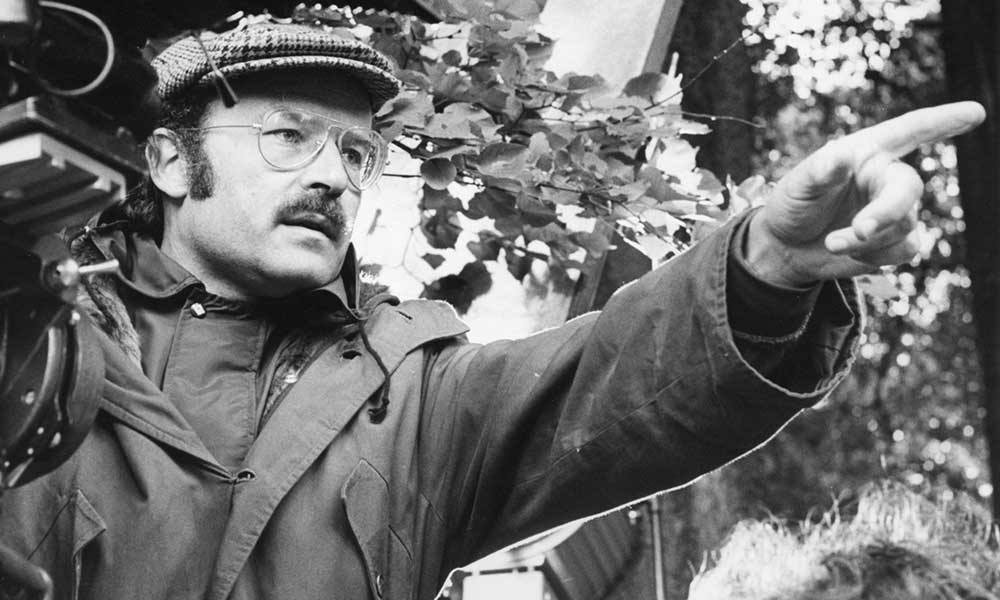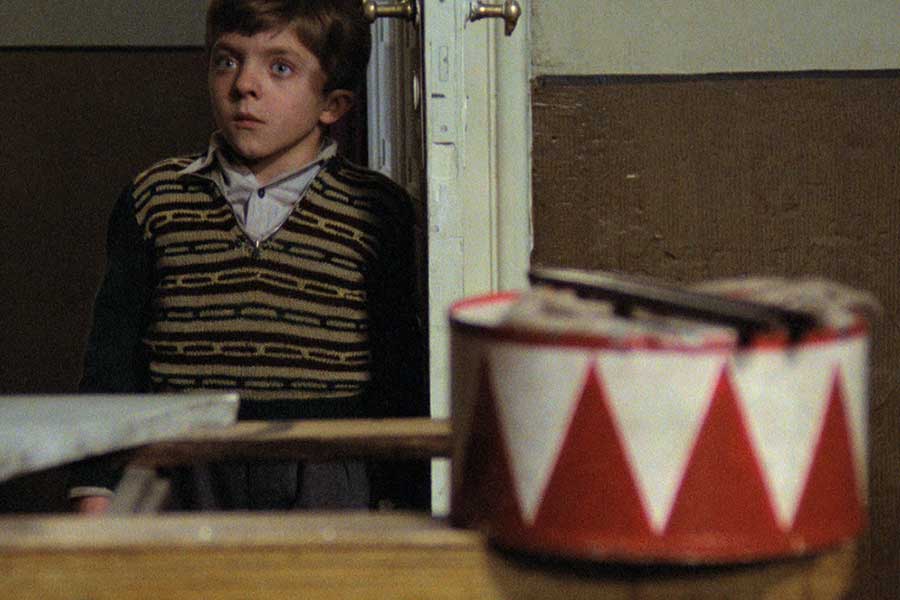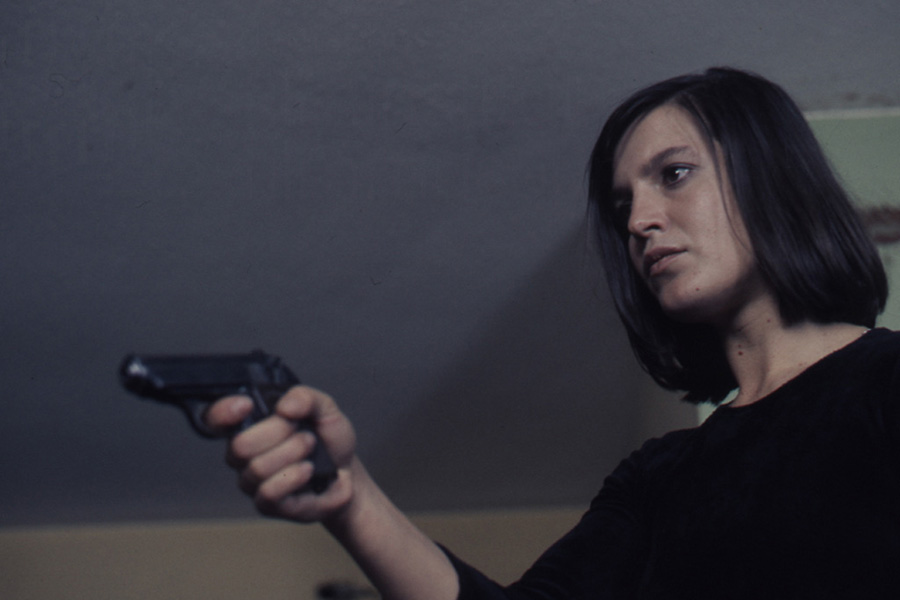Filmmaker Volker Schlöndorff is a legend as part of Germany’s New German Cinema. The movement in the late 1960s and early 1970s saw incredible German filmmakers like Rainer Werner Fassbinder, Werner Herzog, and Wim Wenders burst onto the scene. Collectively, the group has pushed boundaries and changed the way films were made and viewed in Germany and beyond. The impact is still visible today.
Schlöndorff was at the helm as director for a number of notable films. His film version of Günter Grass’ The Tin Drum won him international acclaim, including an Oscar. Following his success in German cinema, he branched out to English language films. Today, Volker Schlöndorff’s films don’t stick to a single language but are still tackling serious topics.
With decades of film to catch up on, now is the time to get to know Volker Schlöndorff and learn German with film!
Get to Know Volker Schlöndorff
Volker Schlöndorff was born on March 31, 1939, in Wiesbaden, Germany. He is the second of three sons born to a doctor father and seemingly the only one who didn’t pursue a career related to medicine. His older brother, like their father, was an ear-nose-and-throat specialist while his younger brother was a professor and director at the Klinikum der Universität München, today part of the city’s Ludwig Maximilian University.
In the mid-1940s, Schlöndorff’s mother died in a kitchen fire. Roughly a decade later, following a student exchange program with France, he moved to the country to continue his education.
Volker Schlöndorff initially pursued law but his passions lay elsewhere. He mixed with filmmakers and frequently went to the movies — reportedly up to three times a day. Schlöndorff was selected out of 300 applicants for a mere eleven spots at the Institute for Advanced Cinematographic Studies. But by 1960 he had abandoned his studies to work as an assistant director for Louis Malle on his film Zazie dans le Métro.
The Tin Drum
Set in Danzig after World War I, 1979’s The Tin Drum follows Oskar Matzerath, a little boy with a wisdom far beyond his years. Disgusted by adults and society, he decides to stop aging after his third birthday. On this birthday, he is gifted a tin drum. The surreal and satirical film sees Oskar drumming as chaos takes over his world as World War II approaches.
The film version of author Günter Grass’ novel of the same name was a huge success in Germany. But, despite some controversial scenes, it also made its mark internationally, winning Best Foreign Language Film at the Oscars.
The Legend of Rita
Known as Die Stille nach dem Schuß in German and The Legend of Rita internationally, the Volker Schlöndorff film is from 2000, however, you wouldn’t know it.
The film is notably shot in a way hearkening back to the 1970s era in which it is set. The Legend of Rita imagines the collusion that took place between East Germany’s Stasi and West Germany’s leftist terrorist group the Red Army Faction (RAF). It sees RAF member Rita Vogt serving time in prison in the West for killing a police officer. After a daring escape from prison, she is hidden in the East.
The Lost Honor of Katharina Blum
Based on the Heinrich Böll novel of the same name, Die verlorene Ehre der Katharina Blum (also known as The Lost Honor of Katharina Blum) was directed by Volker Schlöndorff and Margarethe von Trotta, to whom he was married until 1991.
In the film, Katharina meets a charming man at a party and spends the night with him. As a result, she is unwittingly and unknowingly about to be thrust into the spotlight. The man is an alleged leftist terrorist who has committed a bank robbery. What’s more, he has disappeared without a trace.
Given their connection, the police and the tabloids descend upon Katharina. Her life is about to get turned upside down, despite the fact the small fact that she hasn’t done anything wrong.
It should be noted that both the film and the book with the following note: “The characters and action in this story are purely fictitious. Should the description of certain journalistic practices result in a resemblance to the practices of Bild-Zeitung, such resemblance is neither intentional, nor fortuitous, but unavoidable.”
Practice practice practice! Discover other great German language actors and actresses previously featured.
This post contains affiliate links.



